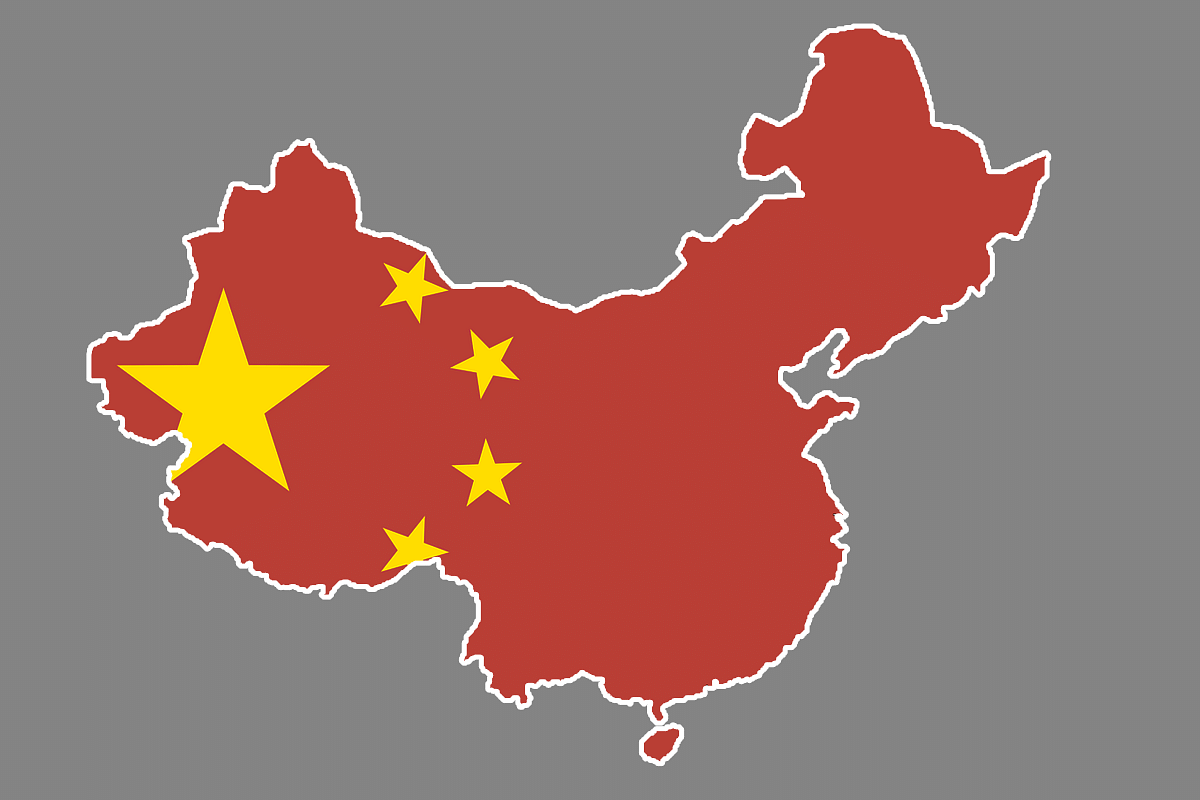Economy
No Correlation Between Nobel-Quality Economists And A Country’s Economic Performance
- There may be no correlation between the number of high-quality economists you produce and your country’s economic performance.
- The commonsense economic insights of politicians and policy-makers may be as good a guide to performance as high-quality academics from the Ivy League.

Not a single Chinese economist has ever received such a recognition, even though its economic miracle is more than a quarter century old.
An article in the Vox CEPR Policy Portal asks a simple question: “Where are the Chinese economists?” The question was asked in the context of China’s huge economic success against the backdrop of its sheer absence from any global list of high-quality economists or economics research.
CEPR is the Centre for Economic Policy Research, a loose network of economic researchers spread throughout Europe and headquartered in London.
The article, by Bruno Frey, explores several reasons why the Chinese economic success has not produced a commensurate number of economic theorists capable of winning an economics Nobel – a category dominated by US economists. In the years between 1969 and 2017, 63 per cent of Nobel winners in economics were from the US. Not a single Chinese economist has ever received such a recognition, even though its economic miracle is more than a quarter century old. Two Indians managed it – Amartya Sen in 1998 and Abhijit Banerjee this year (among the three who won it jointly).
Frey looks at five arguments on why China may not have produced as many high-quality economists as its economic success warrants. It is now the world’s No 1 economy in purchasing power parity terms.
One, economic development does not need high quality academic economists. Or maybe, the causality runs the other way: only successful economies tend to invest in high-quality economic research.
Two, the Chinese merely copied Western economic models without investing in the research capability that supposedly underpins the Western economies.
Three, American economic paradigms may define the contours of economic research differently from what the Chinese think economics is all about.
Four, the choice of economists for high recognition may be biased.
Five, Chinese economists may simply be more internally focused, and not quite interested in the kind of stuff American economic think-tanks love to look at.
If one were to take the argument beyond just China, one would find that all the miracle economies of the post-World War years produced almost no world-famous economist, especially one good enough to receive a Nobel. (Check the list of all economics Nobel recipients here since 1969)
Japan, South Korea, Taiwan, Singapore and Hong Kong were all miracle economies at various points of time, and so were some of the Asian tigers (Malaysia, Indonesia, Philippines, etc), but they did not produce even one Nobel-quality economist between them.
India, with its temperamental economic performance, managed to produce two, Sen and Banerjee, though one must acknowledge that their work was done mostly abroad, not in India. They should be seen as American successes, not Indian.
On the other hand, despite having boatloads of excellent economists and Nobel laureates, the US has repeatedly blotted its economic performance copybook, with the 2008 global financial crisis being the most obvious recent example. Only huge amounts of zero-cost money helped it recover. American economic failures before that included its surprise withdrawal from the dollar-gold linkage in the 1970s, the high-inflationary spiral that followed, the dotcom bust, etc.
In America’s case, if one had to choose between an entrepreneur-driven system and economic thought leadership as drivers of economic performance, one has to choose the former over the latter. The weakening correlation between growth and jobs in the economy also testifies to a failure of US economics as a predictive science.
This is probably due to the reality that economists may propose, but it is elected politicians that dispose. But, equally, what economists propose in terms of their theoretical models – trade theory being a case in point – is not often borne out in the real world.
The principle underlying Occam’s Razor is probably applicable here. The simplest explanation may often be closest to the truth. In short, there may be no correlation between the number of high-quality economists you produce and your country’s economic performance. The commonsense economic insights of politicians and policy-makers may be as good a guide to performance as high-quality academics from the Ivy League.
Singapore success was defined by the economic choices made by Lee Kuan Yew; India’s economic failure in its first quarter-century after Independence was embedded in the socialist policies that Jawaharlal Nehru undertook – with only Left economists cheering him on.
Introducing ElectionsHQ + 50 Ground Reports Project
The 2024 elections might seem easy to guess, but there are some important questions that shouldn't be missed.
Do freebies still sway voters? Do people prioritise infrastructure when voting? How will Punjab vote?
The answers to these questions provide great insights into where we, as a country, are headed in the years to come.
Swarajya is starting a project with an aim to do 50 solid ground stories and a smart commentary service on WhatsApp, a one-of-a-kind. We'd love your support during this election season.
Click below to contribute.
Latest